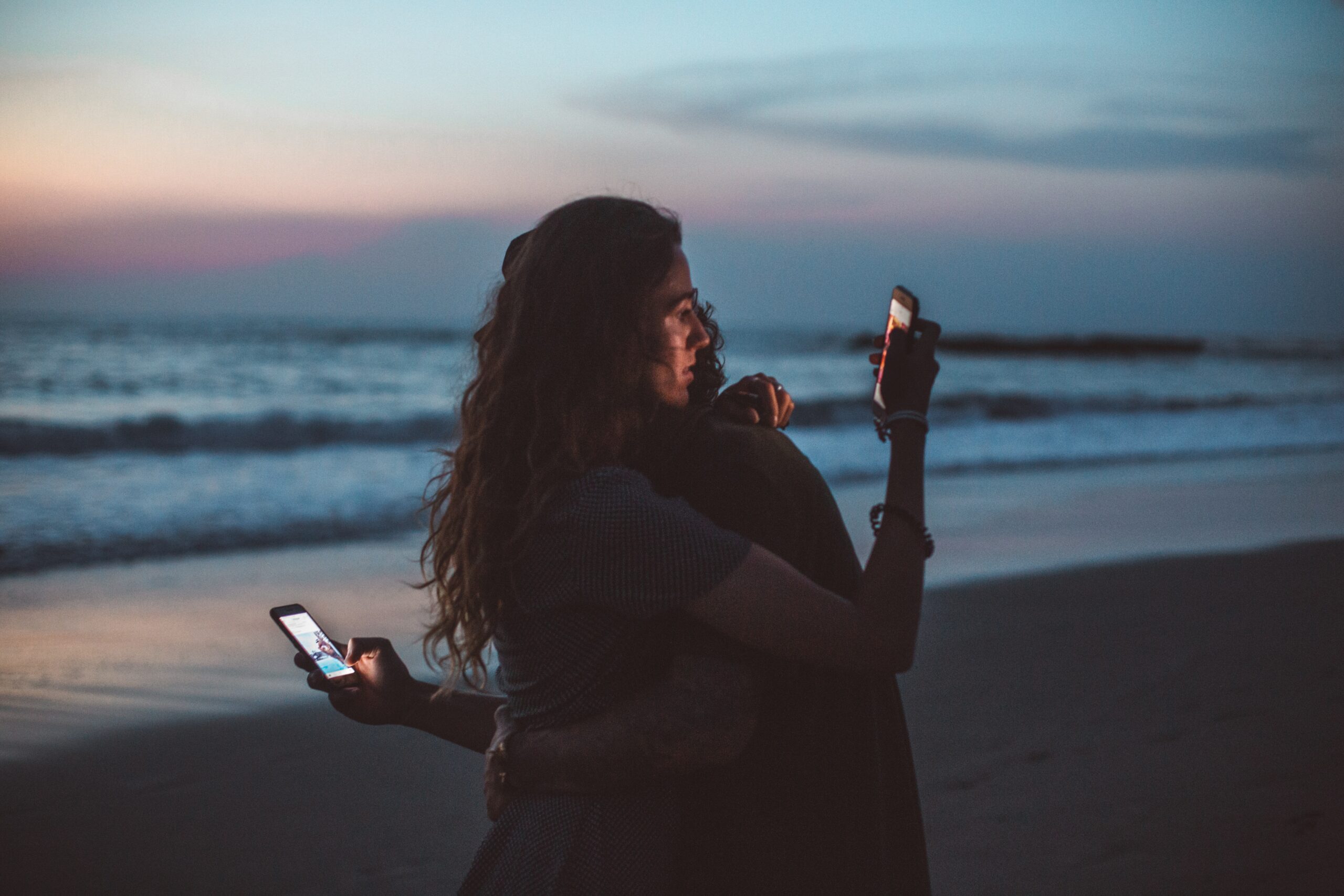In the 21st century, there are few technologies that match the smartphone. With the world at our fingertips, it seems that there are few limits on what we can learn and achieve – the sheer amount of knowledge, communication, and entertainment available online is staggering. However, as many of us have experienced, the downside of this great tool is distraction and information overload, particularly from the parts of our lives which depend upon our dedicated attention – our family and friends.There is only so much our brains can handle at once, and yet the goal of social media is our unceasing attention and engagement. Powerful algorithms curate content which makes us feel as though our desires are uncannily met, if not influenced without our prior knowledge or consent. Setting aside the powerful rewards systems vying for our attention, smartphones also absorb our time because of the digital alternatives they offer to analog utilities, such as real life books and notebooks, music libraries, calendars, and maps. Though the smartphone lightens our practical load in many ways, it increases social dysfunction in real life.
Unravelling the Social Fabric
The former Vice President of User Growth at Facebook admits to feeling immense guilt about his role in developing technologies which foster social media addiction. “The short-term, dopamine-driven feedback loops that we have created are destroying how society works.” The very fabric of our society depends on a few different, yet overlapping realities. An article in the Harvard Graduate School of Arts and Sciences journal points out how with smartphones, we are “never alone.” We need silence – not just the absence of audible noise, but spaces of inactivity or even boredom in which to think and reflect on the things which happen to us. Being ever-connected through our smartphones makes it harder to experience, let alone make time for, this silence. Incessant notifications and fear of missing out contribute to our underlying sense of anxiety and keep us out of step with our day-to-day life. Apart from silence, we need other people. Though modern life makes it so that many can survive physically without depending on others, the cost of severing utility from real-life relationships means we live under the illusion that we can go it alone. Smartphones radically accomplish this, and as our relationships are increasingly impacted by digitization, they become more self-focused and pleasure-centric. Instead of learning to focus and lean on each other through real-life sacrifice, relationships become yet another instrument of entertainment and self-expression. Our society depends on relationships and community – not just of utility or pleasure – but of goodness, and part of this goodness comes from our ability to give ourselves fully to the people in front of us. Smartphones hamper our ability to attend to what’s right in front of us, so much so that the term “phubbing” has been used to describe the phenomenon of “phone-snubbing” in relationships.
Distracting Us From What (and Who) Matters
The Institute for Family Studies comments on the strain smartphones and phubbing place on friendships and marriages. Citing an experiment where University of Kent psychologists Varoth Chotpitayasunondh and Karen Douglas “invited students to put themselves in the skin of a person seen from the back while viewing a 3-minute animated conversation,” they compared three conditions, one in which the conversational partner sets out the phone but doesn’t touch it, another in which the participant “occasionally gazes down at and swipes the phone,” and another in which “the distraction commences and immediately continues.” The students reported that “more phubbing” led to a “diminished sense of belonging and self-esteem.” IFS also cited a small survey of 143 U.S. adults where 46% reported experiencing phubbing from their partners and 23% said it was a problem in their relationship. All the research cited by IFS suggests that phubbing, particularly when it becomes “normative” part of a person’s interactions, decreases feelings of closeness with their friends and partners. Not only does it affect the “phubber,” but also the “phubbee,” whose feelings of disconnect can lead to resentment and lack of intimacy.
Be Intentional About Your Phone Use
We can’t turn back the clock on smartphones, nor should we want to given the way they have aided our ability to learn, create, and connect. However, we need to stay alert to the ways in which we ourselves are drawn to smartphones and away from real life. Before we reach for our phones, we should ask ourselves whether we’re using the phone as a positive tool for learning, creation, and connection, or as an escape from boredom, anxiety, and discomfort. Particularly when it comes to our families and friends, we need to set healthy boundaries for ourselves and each other. That means designating certain times where everyone puts their phone away (such as mealtimes, family times, or just before bed), embedding moments of silence into our day by turning off notifications, and choosing analog forms of productivity or entertainment. By being intentional about our smartphones use, we can mitigate the harms of social media addiction while cultivating relationships with the people around us. With time and endurance, we will not only become better friends and companions, but more free to use the time we’ve been given wisely and well.







